Fiji
Health Risks

Pre-travel preparation
Before travelling to Fiji, it’s a good idea to speak with a travel doctor about your plans. Whether you're heading to a resort, visiting remote villages, or spending time in the water, your doctor can prepare a personalised health plan based on your activities and itinerary. They’ll review your vaccination history, recommend any additional immunisations, and ensure you have prescriptions for any preventive or standby medications you might need. Aim to book your consultation at least six to eight weeks before departure, especially if multiple vaccine doses are required. Even if you're leaving soon, it’s still worth arranging an appointment - some vaccines can be given on an accelerated schedule, and essential advice and medications can still be provided.

Insect avoidance
In Fiji, mosquito-borne diseases such as dengue fever and Zika virus are present in some areas. While the risk varies depending on location and season, avoiding mosquito bites remains the most effective way to prevent these infections. Stay in air-conditioned accommodation or rooms with intact fly screens. If these aren't available, use a permethrin-treated mosquito net while sleeping. When outdoors - particularly during the day for dengue and at dawn or dusk for other mosquito species - wear long sleeves and pants, and apply insect repellent containing DEET, picaridin, or oil of lemon eucalyptus (OLE) to exposed skin.

Food and water hygiene
Fiji offers plenty of opportunities to sample fresh, local food - but it’s worth taking a few precautions to avoid gastroenteritis. Before eating, make sure to wash your hands or use hand sanitiser, especially when travelling in areas with limited facilities. Opt for meals that are cooked to order and served hot, and be cautious with anything raw or reheated. If you’re buying from food stalls or roadside vendors, look for busy spots where the food turnover is high. Stick to fruits you can peel yourself, like pawpaw or bananas, and avoid salads that may have been washed in tap water. To stay safe, drink bottled or boiled water and skip the ice unless you’re sure it’s from a treated source.


